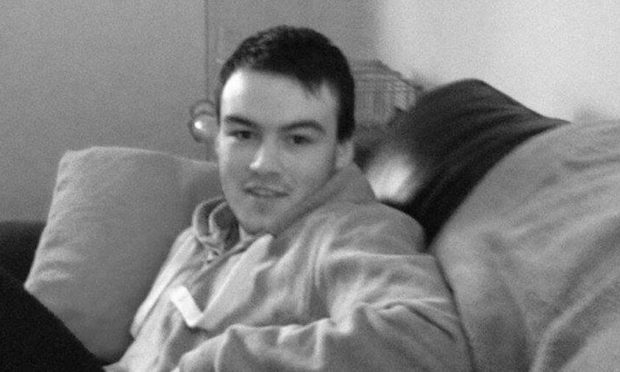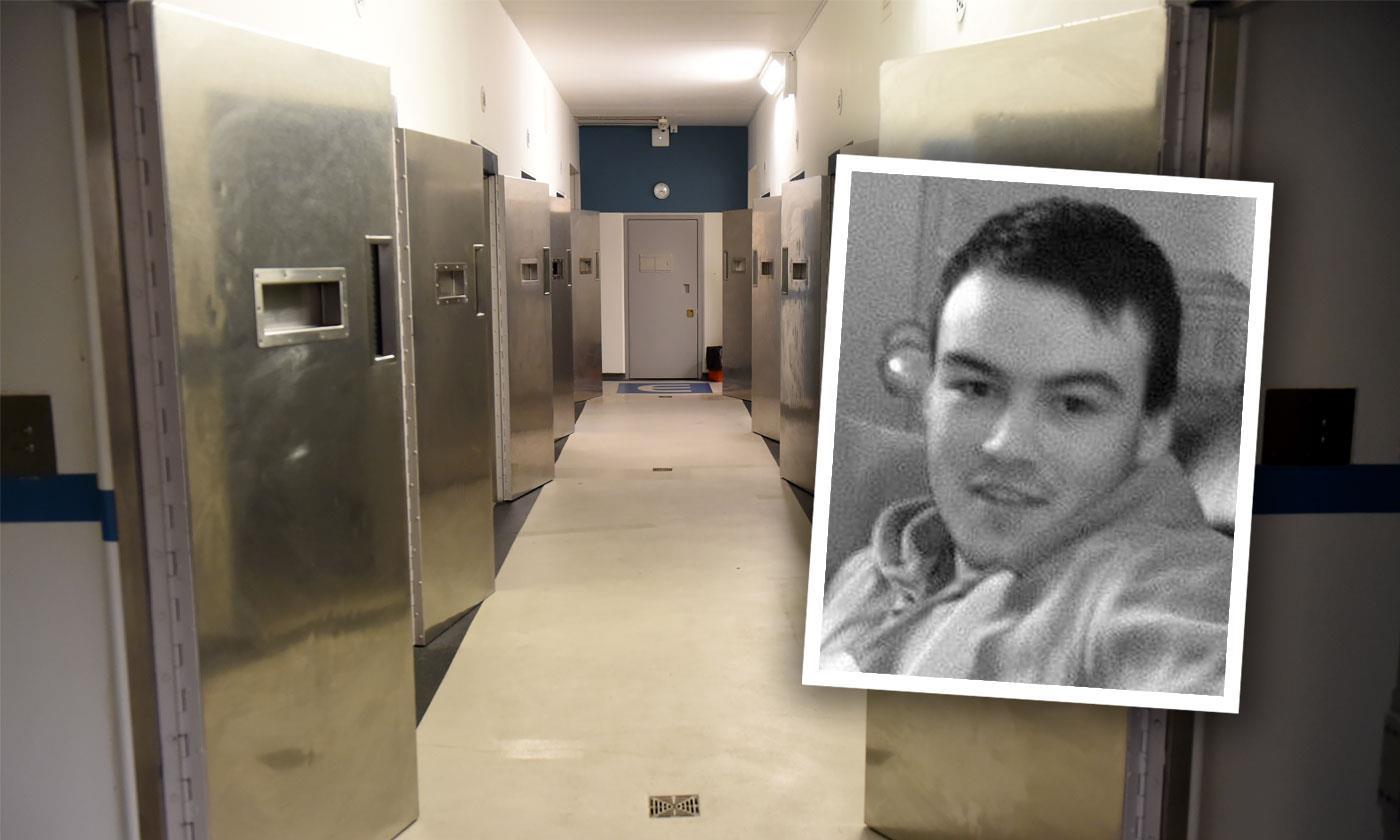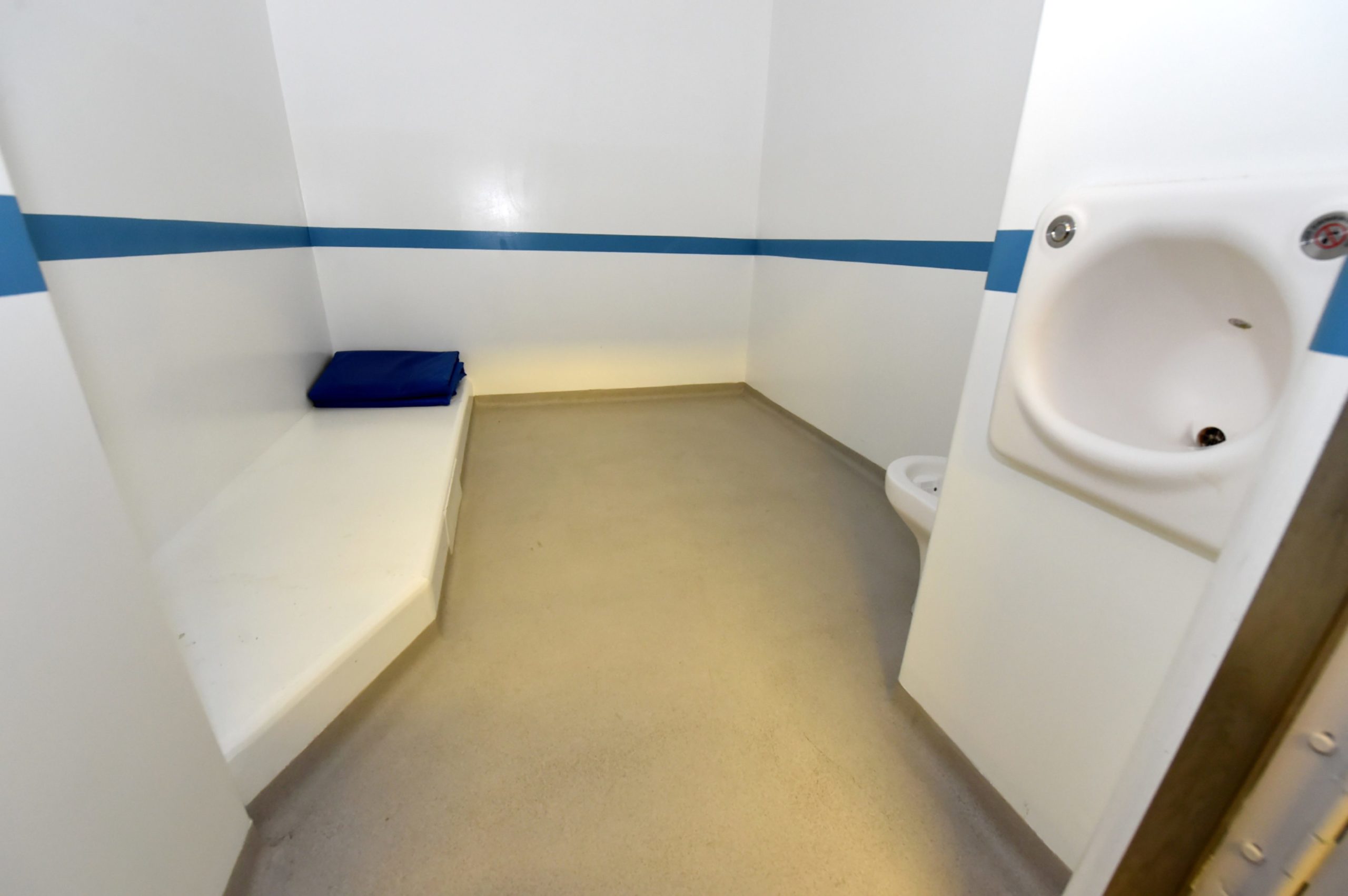A fatal accident inquiry into the death of a man in police cells has been told that the custody suite was “not adequately staffed” on the night that he died.
Warren Fenty died at Kittybrewster Police Station in June 2014, just hours after being discharged from hospital where he received emergency treatment for a drug overdose.
An investigation into his death has been taking place at Aberdeen Sheriff Court this week and has heard evidence from medical and police witnesses.
At 10.30am on June 28 Mr Fenty had been taken to the emergency department of Aberdeen Royal Infirmary and was treated with an intravenous drug to counteract the effects of the overdose he’d had the night before.
Risk of return to methadone toxicity ‘low’
Consultant John Lee told the inquiry Mr Fenty was given Naloxone and was in the process of being weaned off it when he removed the cannula from his own arm around 12.30pm and insisted he wanted to be discharged.
Mr Lee said he was content that Mr Fenty’s treatment had done its job and, although guidance would suggest he be observed for a period of further hours, it was not policy to go against a patient’s wish to be discharged.
“It was felt the risk to him having a return to methadone toxicity after these hours had lapsed was low,” Dr Lee added.
Mr Fenty’s psychiatric assessment deemed him fit for discharge and, at around 3.30pm, police formally detained him over drug possession allegations and took him to Kittybrewster.
Police officers who gave evidence said that Mr Fenty was deemed at “high risk” of harming himself in custody and so was put on suicide watch and checked every 30 minutes.
However, they all said that they did not receive paperwork informing them about the specific treatment he had received in hospital earlier that day.
Derek Dawson, one of the officers tasked with carrying out the half-hourly checks on Mr Fenty’s cell that night, told the inquiry the block was “understaffed” and he had been “running around like a headless chicken”.
Mr Dawson told fiscal depute Muhammad Sadiq while he was aware that Mr Fenty had been discharged from the hospital earlier in the day he was unaware he had been in the high-dependency unit.
He said: “There was only two of us looking after 42 people. I was very stressed that night given the amount of work we were doing.”
Rules state that prisoners on suicide watch must give a “distinct verbal response” to questions such as ‘how are you’ or ‘do you know where you are’ during checks on cells.
Mr Dawson said at 3.05am, during one of his half-hourly checks, Mr Fenty replied with an “aah” sound when he asked “are you okay?”.
“I thought he was responding to my question. I know that’s not good enough to be a distinct verbal response,” Mr Dawson said.
“Standard practice for us was to accept a grunt, moan or groan as a distinct verbal response.
“I was of the opinion there was nothing wrong with him. Had I been told Warren had potentially taken an overdose of some sort I probably would have dealt with that slightly differently.”
‘I was running around like a headless chicken’
Asked by Jim Reid, the solicitor representing Police Scotland, if the custody suite had enough staff that night, Mr Dawson said: “It was the first weekend the new suite at Kittybrewster had been opened and, in my opinion, it was not adequately staffed.”
Mr Dawson said he was one of six officers manning the cells that night, with three on check-in duty, two on cell checks and one administering medicine.
He said there were also issues with a ‘dirty protest’ in one of the cells and equipment such as the fingerprint machine and cell cameras were having “teething problems” and taking up staff time.
“I was running around like a headless chicken. It was the worst I have seen it,” he added.
The inquiry continues.
For all the latest court cases in Aberdeen, as well as the latest crime and breaking incidents, join our new Facebook group HERE.


